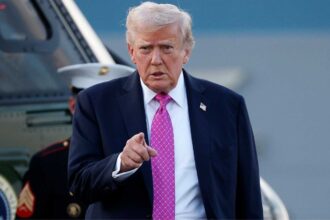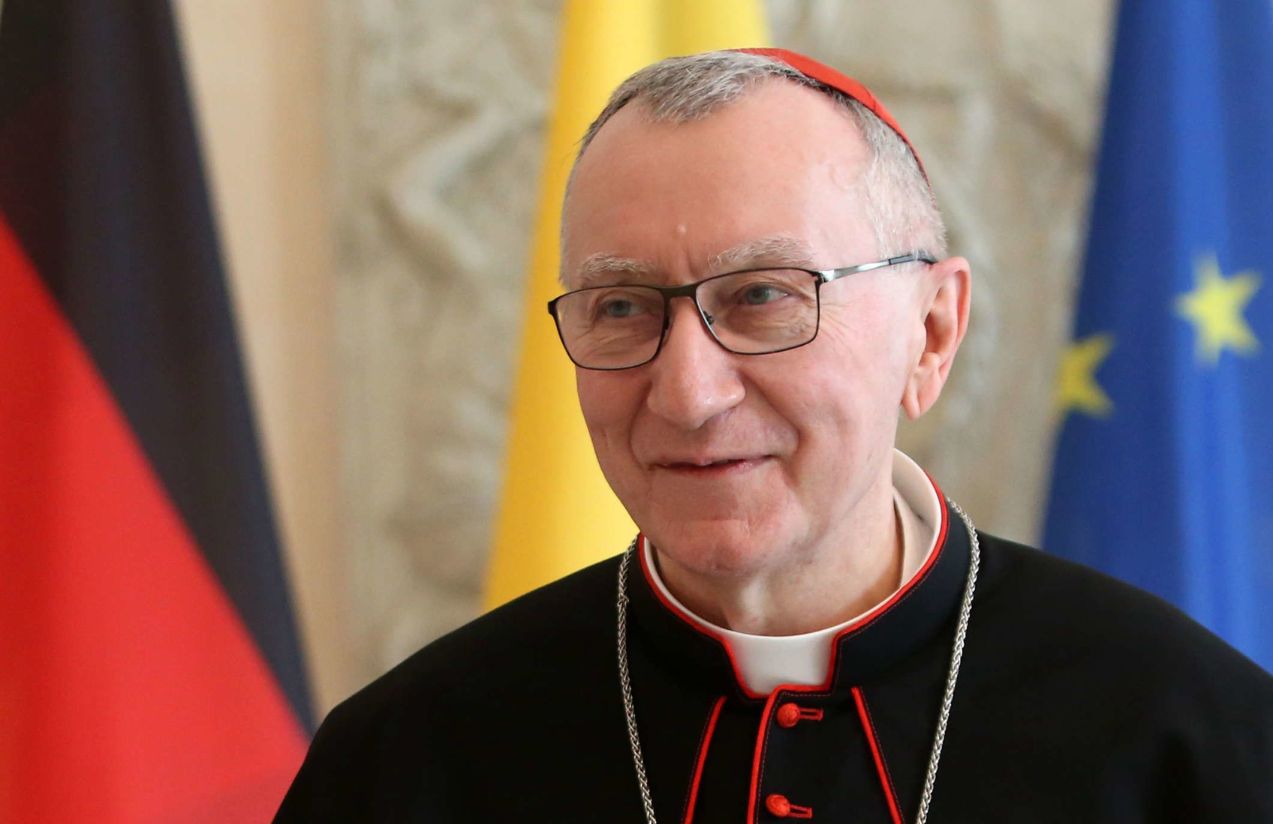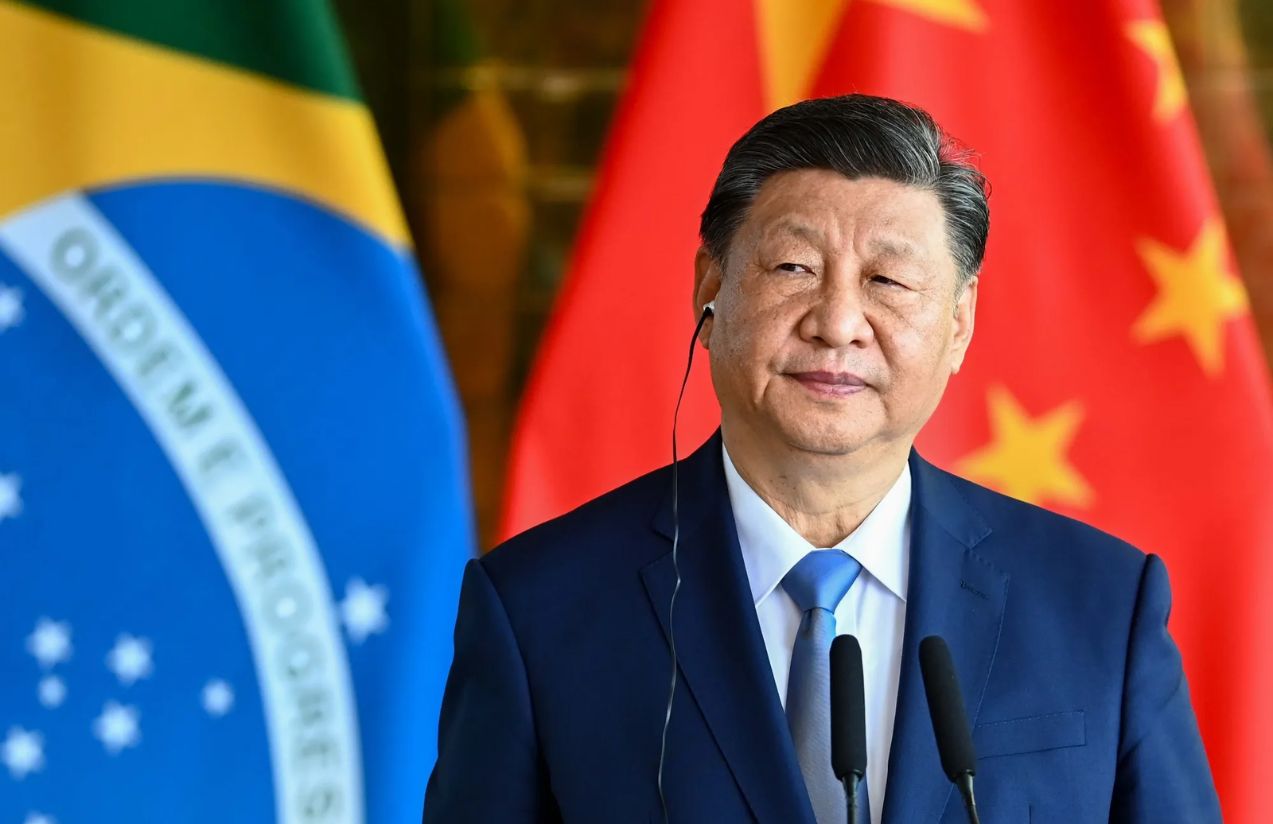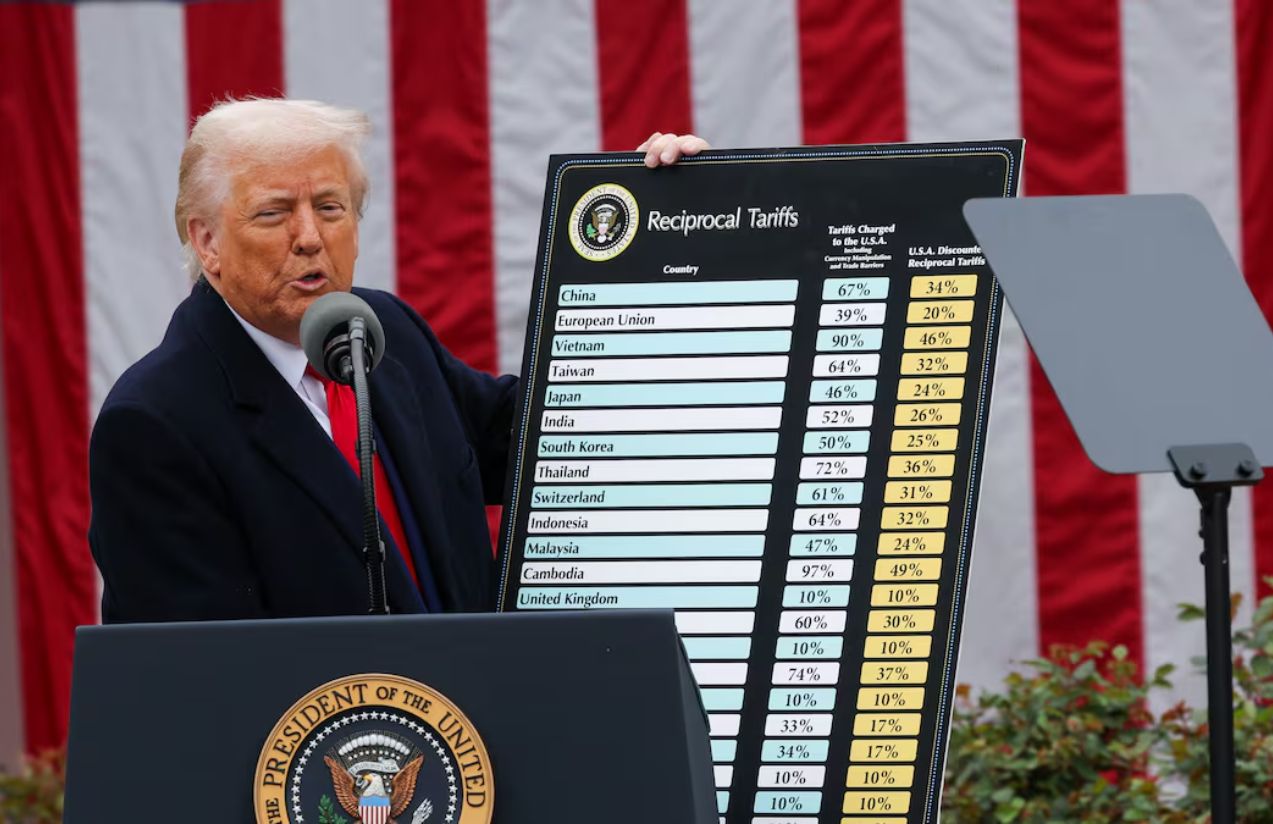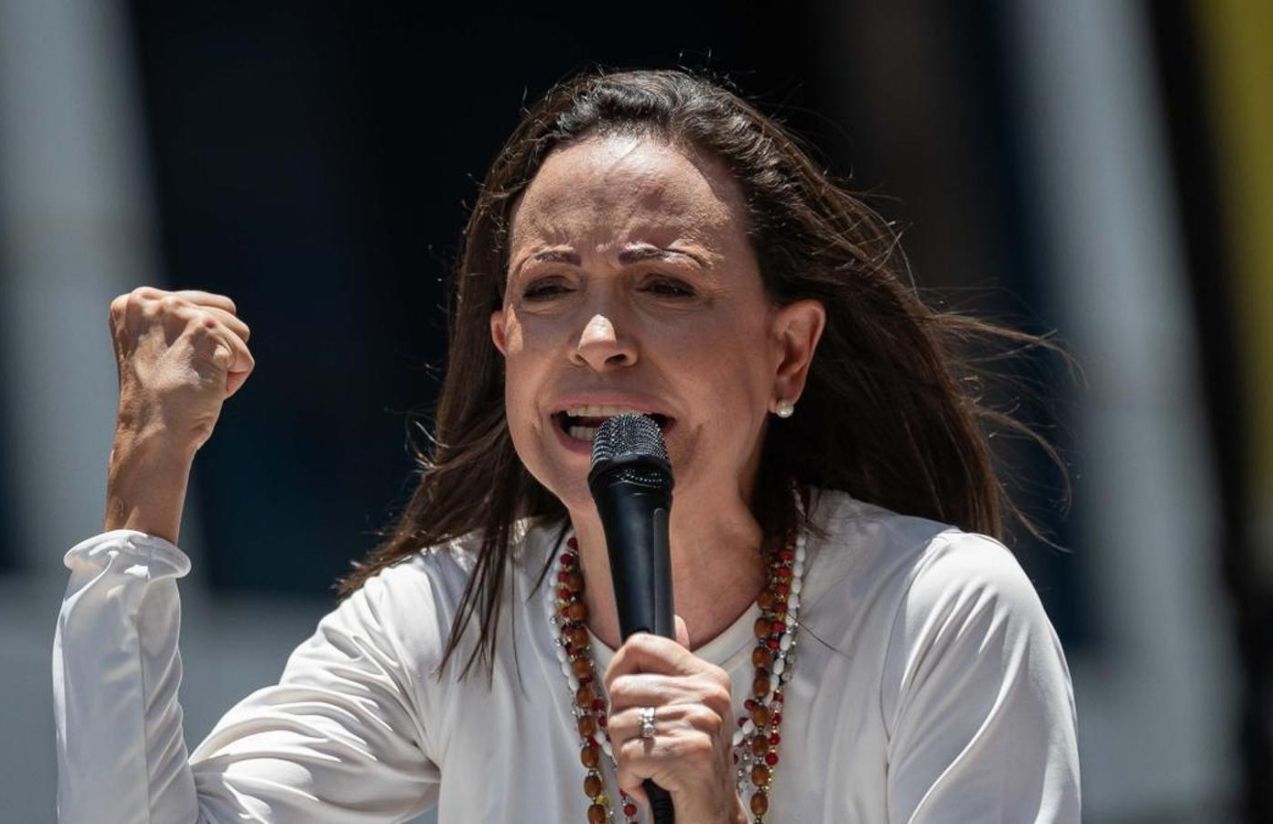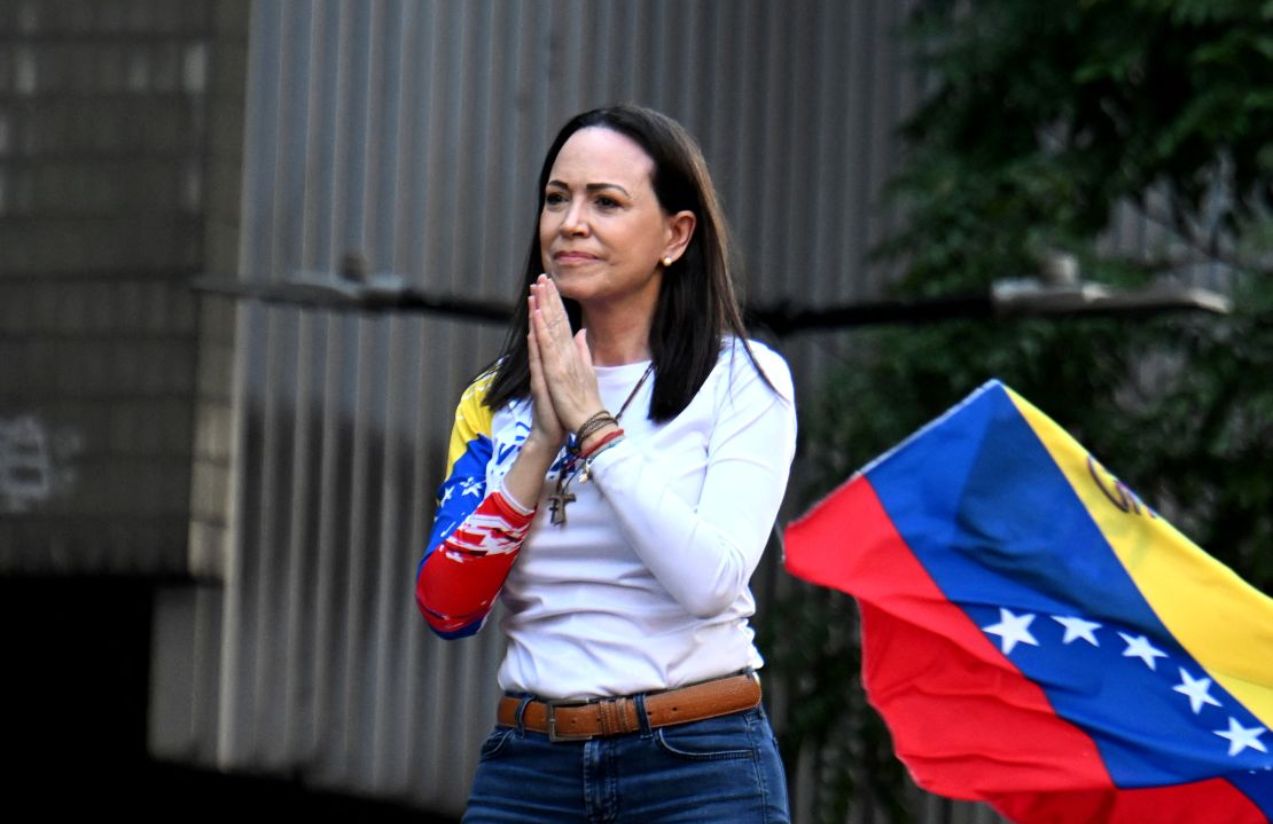Brazil is living through one of the most tense and decisive moments in its recent history as former president Jair Bolsonaro stands before the Federal Supreme Court, accused of orchestrating an attempted coup. The trial, which has captured worldwide attention, could not only define the political future of Bolsonaro but also test the strength of Brazil’s democratic institutions.
The accusations stem from investigations linking Bolsonaro to movements that sought to discredit Brazil’s electoral system and undermine the results of the 2022 elections, which he lost to Luiz Inácio Lula da Silva. Prosecutors allege that the former president encouraged demonstrations, spread misinformation, and failed to stop extremist groups that stormed government buildings in Brasília in January 2023.
Read More

What could be the outcome of this trial?
If found guilty, Bolsonaro could face a lengthy prison sentence and be barred from holding public office for years, which would effectively end his political career. On the other hand, his supporters insist the case is politically motivated and argue that the process threatens to deepen polarization in a country already divided.
The trial has already unleashed strong reactions: while his critics see this as a step toward justice and accountability, his loyal base has organized rallies to denounce what they call “persecution.”
Ultimately, the case against Bolsonaro transcends the fate of one man. It poses a critical question: can Brazil’s democracy withstand the pressures of polarization and emerge stronger? For many, the answer lies in whether justice is applied with transparency and independence, a test that Brazil is now beginning to













